Diasporic Dreams
A decade is almost over. Traumas and losses of “the Arab spring” are traceable in the lives of hundreds of thousands of migrants who left their homes in its aftermath. Yet, the political consciousness triggered by the revolutions and the potential for change they brought about remains inexhaustibly inspiring for the diasporic communities. How did memories of the revolution shape the experience of exile and the sense of home for those who have witnessed it? How do they haunt them in the present and press on their visions for the future? What remains from a home that ceased to exist, and from revolutionary hopes in face of political defeats and existential fears?
We believe that the artistic processing of dreams can create a tool for approaching similar questions in a manner that is at once politically empowering and animating creative possibilities for remembering and telling. In telling dreams, contemplating one’s own experience becomes a social practice by which others are invited to contribute, to decode the content of dreams and relate themselves to it, building on common references, imaginaries, and collective beliefs. Re-telling dreams, weaving stories about them, evoking them in sounds and words have for sure individual healing potentials. Yet dreams also have social power. They can be a medium for connecting experiences and sentiments, for reclaiming collective losses, and envisioning a common future.
In commemoration of the 10th anniversary of the revolutions in the Arab region, Bärenzwinger Berlin hosted the workshop “Diasporic Dreams” between the 14th and 17th of September 2020. 10 participants with diasporic biographies, personal or academic ties to the region have been introduced to the basics of podcasting; audio storytelling, recording, and editing. Dreams were the main thematic focus of the workshop and the vehicle for narrating experiences of revolutionary hopes, exile, and loss. The workshop targeted mainly non-professionals and adopted a collaborative and process-oriented approach emphasizing the significance of artistic expression as a vehicle to process loss and cultivate hope.
أحلام مهاجرة
مرّ عقد من الزمان، هزائم “الربيع العربي” وجراحه مازالت عالقة في حياة مئات الآلاف من المهاجرين الذين غادروا أوطانهم في إثر أحداثه، وتبقى الثورات في الوقت ذاته بما خلقته من وعي سياسي مختلف وإمكانيات للتغيير حاضرة في وجدان المجتمعات العربية في المهجر وملهمة لمساراتها. كيف انطبعت وقائع الثورات في حياة من عاشوها على تجارب المنفى وذكرى الوطن؟ كيف فرضت نفسها على حاضر المهاجرين وعلى رؤيتهم للمستقبل؟ ما الذي يبقى من مدن وبيوت توقفت عن الوجود؟ ما الذي يبقى من أحلام ثائرة في مواجهة الهزائم السياسية المتتالية ومشاعر الخوف والفقدان؟
ربما كانت رواية الأحلام والحديث عنها في صورة فنية وسيلة للاقتراب من تلك الأسئلة وما شابهها، وسيلة للتمكين السياسي وتحفيز طاقات إبداعية للحكي والتذكر.نسعى في هذه الورشة إلى استغلال الأحلام فنياً باعتبارها وسيطا للحكي الإبداعي، مادة تتيح سبلا مبتكرة لتذكر الماضي واستشراف المستقبل، مطية سردية لمجابهة الهزيمة والتمسك بالأمل.
سعينا في هذه الورشة إلى استغلال الأحلام فنياً باعتبارها وسيطا للحكي الإبداعي، مادة تتيح سبلا مبتكرة لتذكر الماضي واستشراف المستقبل، مطية سردية لمجابهة الهزيمة والتمسك بالأمل. سرد الأحلام والحديث عنها يتجاوز بها عوالم الذات ويجعلها مادة لطقس جمعي، حيث يدعى فيه الآخرين لسماعها وتأويلها، للبحث في أحلامهم/ن عن صور ومرجعيات مشابه، وتبادل روايتها والتعليق عليها، تم تدريب المشاركات والمشاركين في الورشة التي عقدت بين ١٤ و ١٧ من سبتمبر | أيلول في مدينة برلين على مهارات الكتابة الإذاعية وأساسيات التسجيل والمونتاج. ثم قام المشاركون والمشاركون بتطوير الحلقات بشكل تشاركي. قامت الورشة على فكرة توظيف الأحلام كمادة للسرد السمعي حول تجارب الهجرة والمنفى. تعددت خلفيات المشاركات والمشاركين في الورشة وتنوعت تجاربهم/ن مع الهجرة والمنفى وتأملاتهم/ن حول مصائر الثورات ومسارات الحراك السياسي في بلدانهم/ن الأصلية أو بلدان إقامتهم/ن في السنوات العشر الأخيرة. انعكس هذا التنوع في اختيارهم/ن للقصص والأساليب السردية.
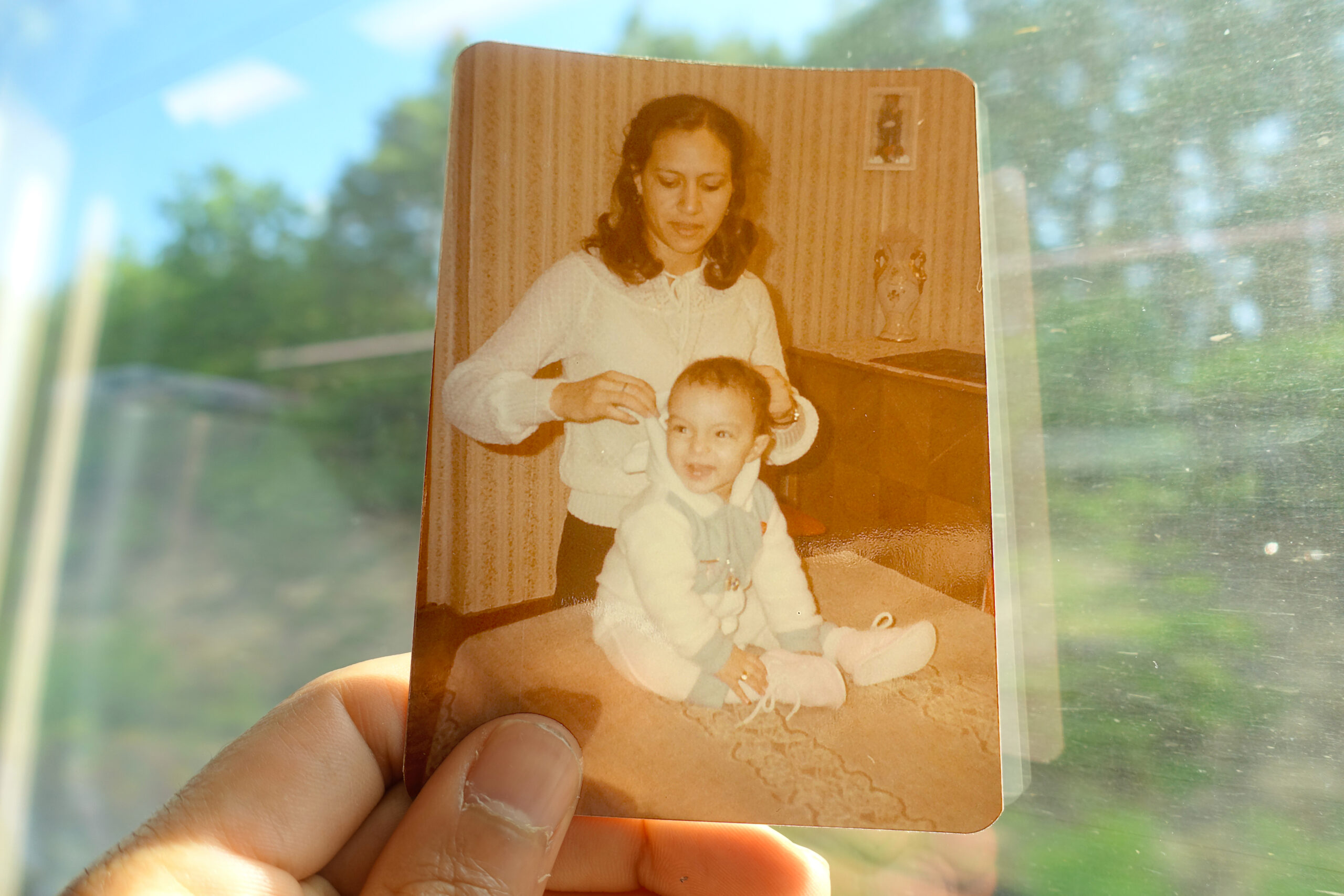
Balcony of my Dreams
Iskandar Abdalla
The balcony is understood here as a spatial trope to narrate the liminality between the private and the public, the inner worlds of the psyche and the social sphere of existence, but also between home and exile, dream and reality. Embodying in-betweenness, the balcony will act as a stage for personal stories to unfold, for memories to recast, for dreams/nightmares to be told, remembered, processed, and interpreted. Drawing on how balconies are perceived and represented in Arab culture as a space for “coming together” for exchanging gossips, transcending boundaries, and breaking norms this audio piece is the first step in a larger project that aims to explore manifestations of Arab exile in Germany.
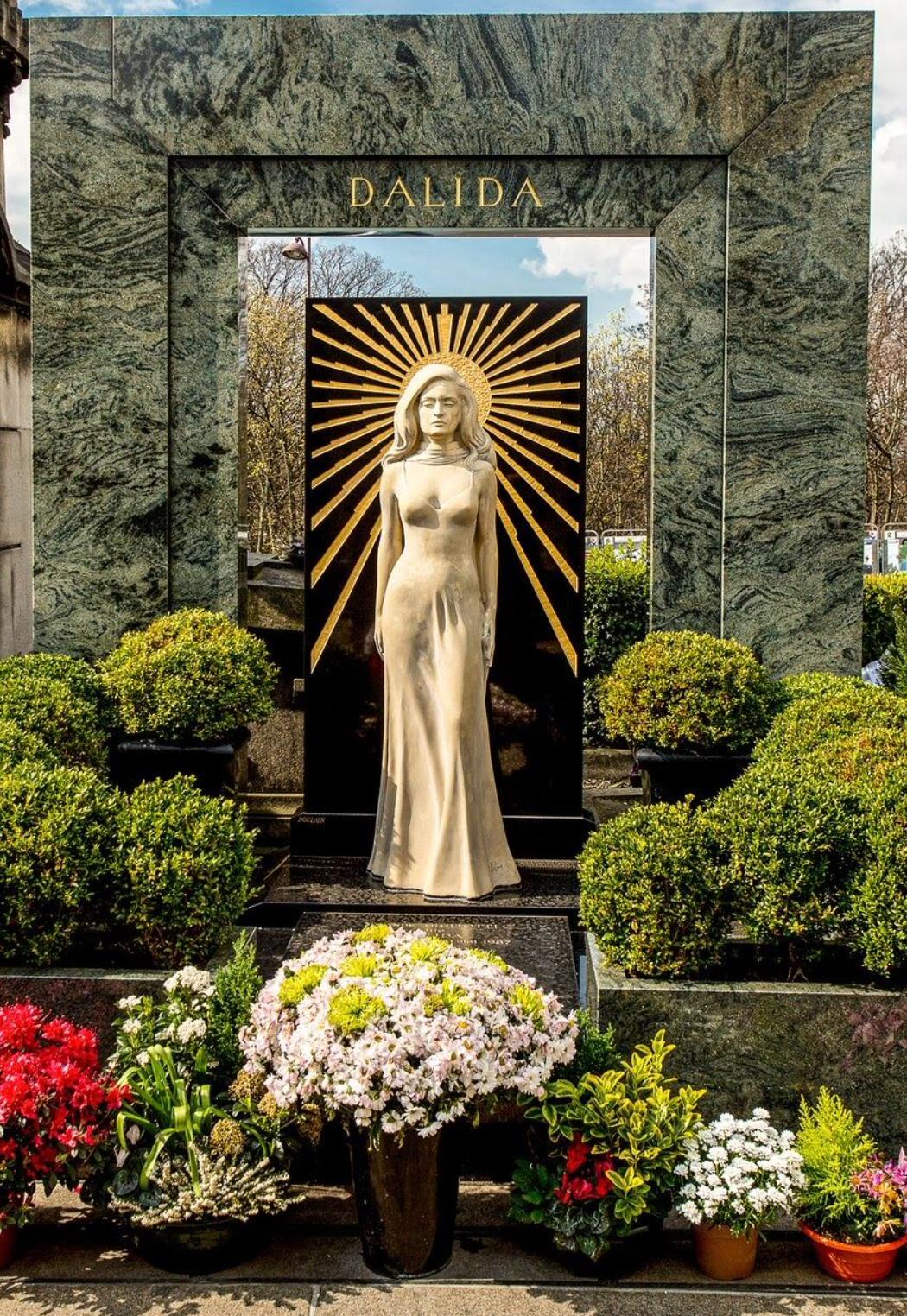
Escape
Heba Alkadri and Dalida
This podcast takes us through Heba and Dalida’s journey of implementing their escape project. When you’re as fierce and determined as Heba and Dalida, you don’t just dream of escaping, you get to work and make a plan and make it happen. Heba starts by telling us why she felt the need to escape. After a year of a “normal” life in Syria, with family and friends around, the earthquake that shook the Arab World that is the Arab Spring was the thread that we all held unto in order to have a decent life. But after the dream turned into a nightmare, it was evident that we had to LEAVE.
We ARRIVED in a foreign country that seemed to be in accordance with our escape project. Dalida recounts her everyday struggle while trying to settle in Paris and build a new life. Dalida thought that being born in the upper middle class and being privileged in Egypt would shield her from any trouble in France. However, this wasn’t true because she’s still struggling to convince France as well as her parents that she needs to stay there. Dalida’s anxiety skyrockets sometimes to the point where she can’t go to sleep but it’s okay because she plays Friends until she falls asleep. Dalida recounts her story through voice notes she sends to her best friend back in Cairo who has had her back all along the way because these are the only bits we left back in Egypt, our dear friends.
We SETTLE finally in a foreign country and try to act as if everything has become familiar. This is when Heba intervenes again to recount her feelings after having settled in Germany for four years. Heba now has a stable home and is doing very well in her studies. But something still feels different: Heba’s father no longer walks around the apartment chasing door switches to save some electricity, her friends aren’t hanging out in her living room while she makes more Mate. Heba has finally fulfilled her dream, she’s settled and he’s a big successful girl. What about the next dream? To be reunited with her friends in flesh and not through screens.
Heba AlKadri
Heba Alkadri is a Syrian journalism student who lives in Germany. She enjoys podcasts, listening to them, and making them.
Dalida
Dalida is an Egyptian 23-year-old girl who has just finally left Egypt and is trying to build a new life in Paris for now. She is a nerd who would like to write a Ph.D. one day in social sciences. She also loves cinema and el-sheik Imam.
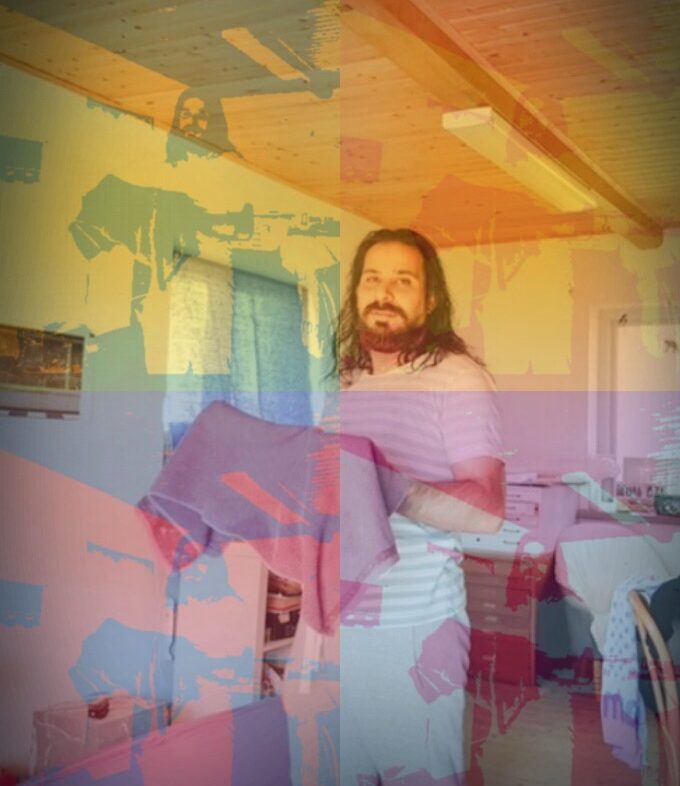
Tollwütige Träume / Rabid Dreams
Hasan Ze Alnoon
Images of the revolution, the war, and the destruction of Syria are constant companions of poet Hasan Ze Alnoon as he walks through the streets of his new home. And he is not alone. In his podcast and poem “Rabid Dreams”, he examines the phenomenon of the omnipresent memories of war refugees. For Syria is only a blink of an eye away for many – even five years later.
Hasan Ze Alnoon
Hasan Ze Alnoon was born and grew up in Damascus, Syria. He studied law with a focus on International Law at the University of Damascus, where he was banned from performing his poetry, because of his regime critical stance. He took part in the peaceful revolution in 2011 and fled to Germany after his arrest in 2015. His poems deal with dictatorship, freedom, the destruction of Syria, and love. He has performed live as a poet in Berlin, at the Hans Otto Theatre in Potsdam and at festivals in Sweden and Finland, and published his first podcast featuring his poetry in Arabic and German as part of the series “The Great Telling” with the artists collective “Storytelling Arena”.
His first book of poetry in German will be published early in 2021. Hasan Ze Alnoon’s poetry unites two contradictory sides – a political and a romantic voice.
الأحلام المسعورة
حسن زي النون
مازالت بلادي تُرسل ُ لي طرودَ الدِماءِ الطازجة, إلى أحلامي كُل مَساء.
يُدونُ عليها…عُنوان زِنزانتي
ورقمُ سريري الحديدي في المنفى
ومكان, وتاريخ إنتاجها
بخط ٍ أحمر صغير
(صُنعَ في دِمَشق)
” لاشك أن أحلامنا تعكِسُ شخصيتنا الداخلية, فهي مِرآة للواقع المُعاش, والمُستقبل الموعود.
لكن في قِصتي اليوم ….لا كوابيس …ولا أحلام
أنهُ الواقع المُتوحش الذي احتل الزمان, والمكان, والجسد.
حتى أصبحت ُ لا أميز الواقعَ مِن الكابوس
وتداخلت الازمنة, والأمكنة, والتفاصيل.
سأتركُ الحُكم لكم أصدقائي لتشخيص حالة “الأحلام المسعورة” التي تجتاحني. وتراودني
كما تراود الكثير الكثير مِن الأصدقاء هُنا في المنفى.
مع كل تمنياتي لكم بِقضاء وقت مُمتع رُغمَ مرارةِ النص وقسوتهِ
حسن ذي النون
Death’s Little Brother
Hatem Hamdy
“To sleep is to let go. Let go of control. Let your body slip into a different consciousness. I’m scared of letting go and falling asleep. It feels like dying. I don’t want to die. I used to believe in the two scary-looking angels that come to you after you die. I miss those two angels. They were scary, but they were…..something.
Despite this, I love my bed. It is my refuge. Nobody can see me in my bed. No muscle needs to move while I’m in my bed. My bed is like a partner when there’s no partner. My bed hugs me. It embraces me, and doesn’t question me. It doesn’t question my body, my looks, my faith, my work….it just holds me, like a cloud holds rain.
But like a cloud that eventually drops the rain, my bed eventually drops me into a fiery pit. It shows me images – scary images. It shows me snippets of a life I once lived…..and ones of a life I fear..
Dropping my body on my bed is like dropping dice – you don’t know what you get each time. On rainy days (most days), my bed gives me love. I don’t have to straighten my hair, i don’t have to fit in. I don’t want to leave my bed. But when i drift off, my bed turns on me. It brings me foreign hot prisons on cold wintry soils. It brings me snakes that no one else can see. Why can nobody else see the snakes? Are they blind? Am I blind? Are you blind? Are you awake? Are you crazy?……”
Hatem is an Egyptian composer and musician. Born in Cairo, he has been living for in Berlin since 2015 where he is acquiring his Bachelors of Composition at the UdK Berlin.
To remember but never to repeat
Iman Awada and Ibrahim Izzeldeen
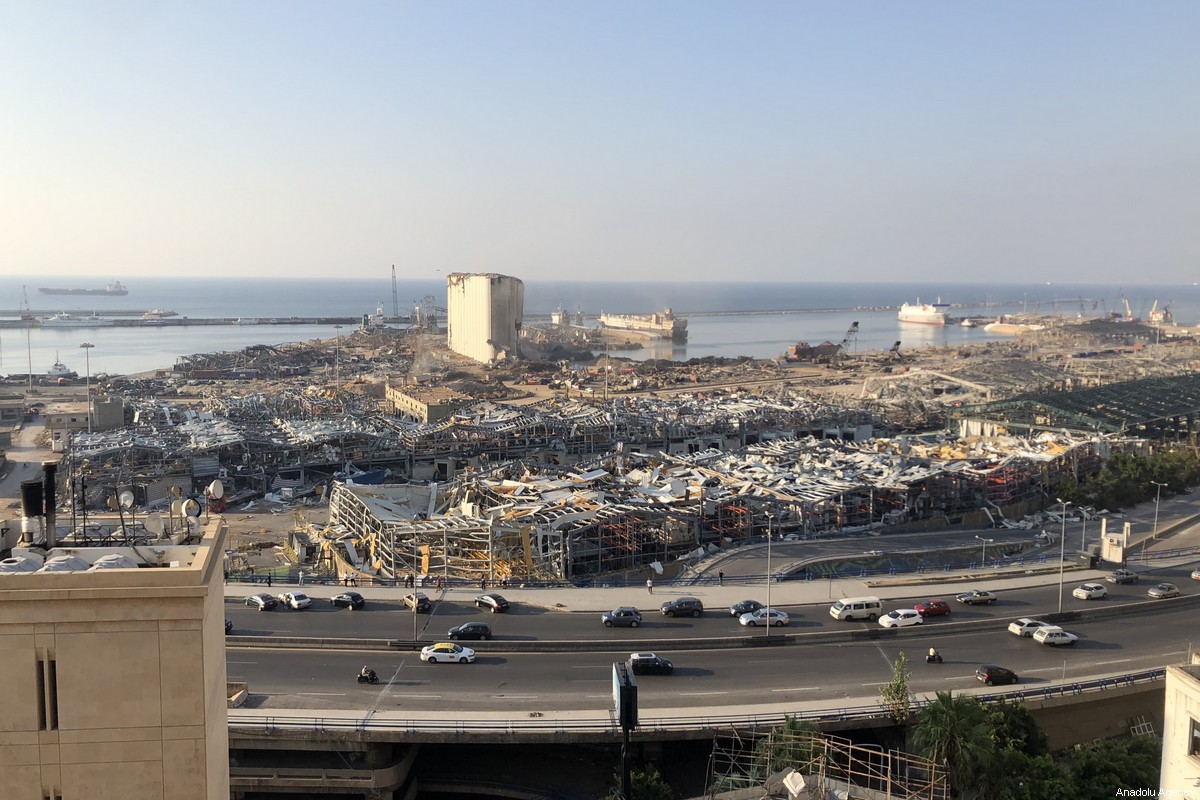
تتذكّر ما تنتعاد
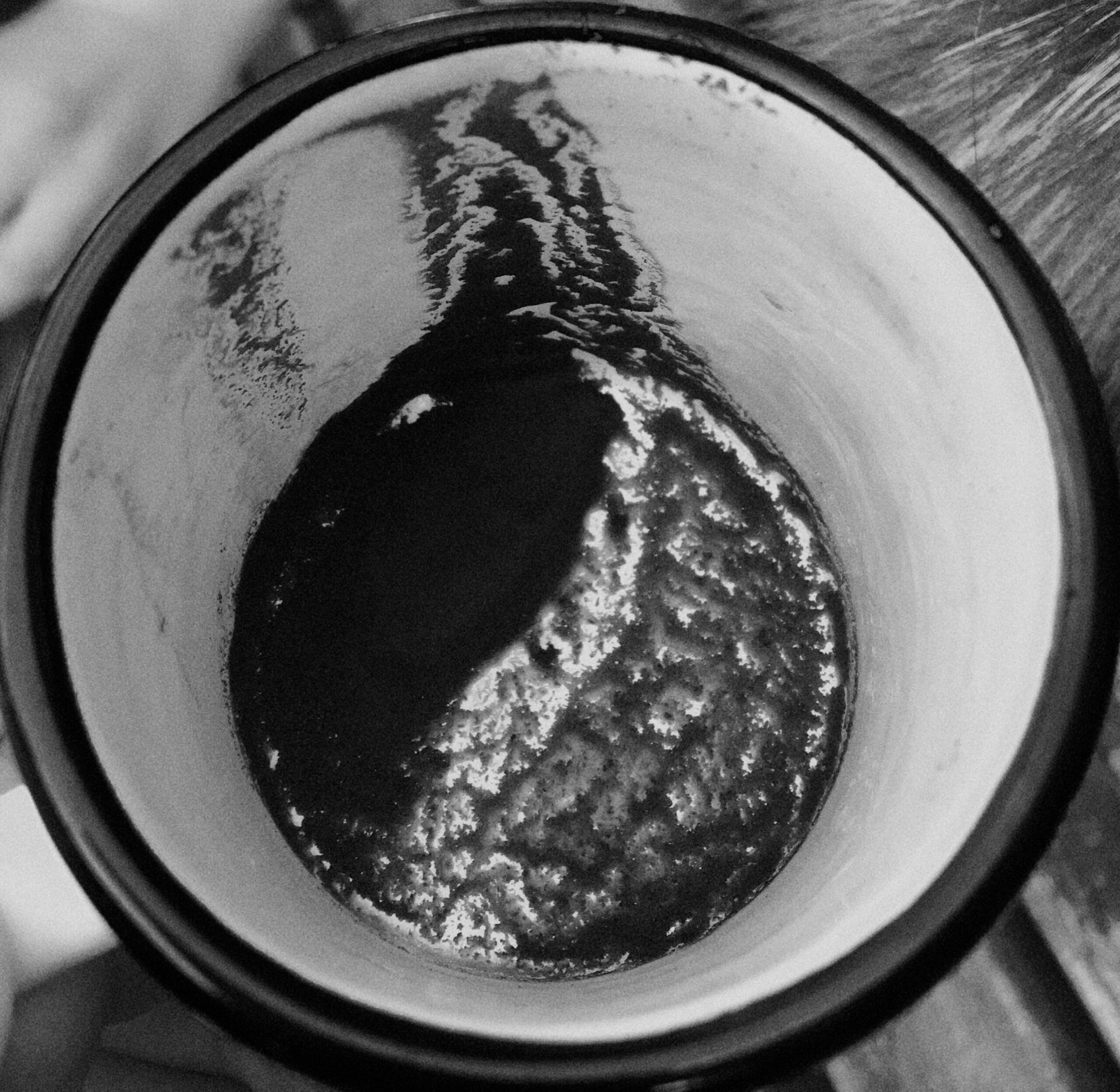
The Metamorphosis of a Revenant Young Dreamer
Lama Abu Tir and Zohra Mousavi
It’s mid-September in Berlin and the oak trees have gradually begun to change colour: from copper to yellow to bright red. Across the street, men are at work moving their heavy machinery. Few blocks away in a park, two women carrying their coffee sit on a bench to talk about their past and to foresee each other’s future in the coffee stains. What do they dream about, or rather what do they dream of? After all, one can say projecting on coffee stains often is the only way to enjoy the freedom of speech — in particular for those who have been oppressed. Another might add that it is a fem indigenous ritual to overcome bits and pieces of patriarchal power. This episode of Diasporic Dreams touches upon these topics, and much more.
Lama Abu Tir
Palestinian by heart but not on any paper, mistakingly believed to talk a lot about ‘poplitics’ when endlessly talking about how humanity cannot exist under patriarchy. Queer, Indigenous, and proud.
Zohra Mousavi
has been involuntarily on the move for the past ten years — desperately in search of a place she can call ‘home’. She is unapologetically addicted to coffee and enjoys autumn.
